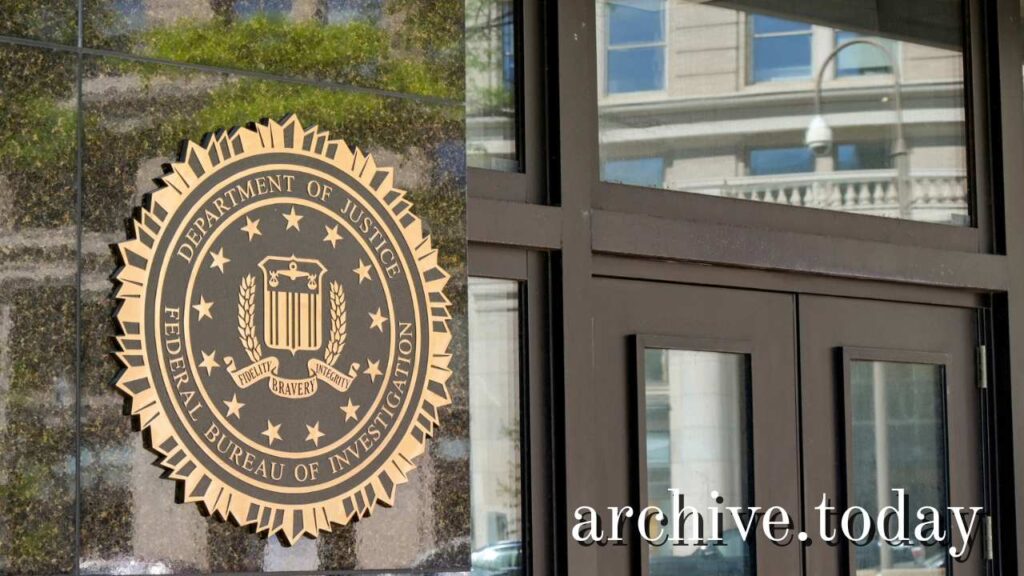A U.S. federal investigation landed first in the digital shadows. The Archive.today web-snapshot service received a subpoena from the Federal Bureau of Investigation. That demands extensive personal and operational data on the site’s owner. The order, addressed to registrar Tucows, asks for names, addresses, billing information, internet session logs, and even handheld device service records tied to the anonymous entity behind multiple domain mirrors such as archive.is and archive.ph. Archive.today itself posted a PDF of the subpoena via its X account, bringing the document into public view.
Archive.today launched in 2012 as an alternative to the Internet Archive Wayback Machine. Focusing on immediate snapshots of web pages including content that traditional archivers skip. The site now hosts hundreds of millions of pages. Observers note that the service often resurfaces pay-walled articles and pages removed from original publishers, raising questions about financial and copyright implications.
The FBI legal request labels the information as “relating to a federal criminal investigation” but declines to specify charges. The lack of clarity fuels speculation about violations of copyright law, export controls or other internet regulations. Tucows confirmed its policy of complying with valid legal orders but declined to comment on this particular matter. Meanwhile, the anonymity of Archive.today operators continues. Available records indicate the original domain registration listed a name in Prague, yet no verifiable operator identity has emerged. Digital-rights advocates warn this case raises critical questions about archiving, free access and the boundaries of content preservation. Archive.today fights site takedowns and rejects robots.txt opt-outs. That positions the service at odds with publishers who view snapshotting as a threat to pay-wall revenue or long-term control.
For users and technologists the subpoena signals a possible shift in online archiving dynamics. If the investigation forces site operators to reveal records or alter archive policies, the ease of preserving and retrieving deleted or pay-walled content could change quickly. As this story unfolds the next steps matter: whether the data hand-over occurs, how archive operators respond, and whether other sites receive similar scrutiny. In a time when digital preservation, copyright enforcement and anonymity collide, the Archive.today investigation may mark a pivotal moment in how archives operate in the internet era.



















